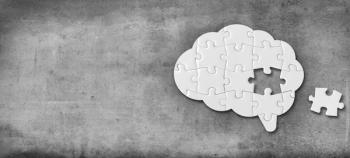
In this CME, learn more about frontotemporal lobar degeneration and the several overlapping syndromes that it encompasses, as well as how to distinguish behavioral variant frontotemporal lobar degeneration from other psychiatric disorders.

In this CME, learn more about frontotemporal lobar degeneration and the several overlapping syndromes that it encompasses, as well as how to distinguish behavioral variant frontotemporal lobar degeneration from other psychiatric disorders.

From eating disorders in entertainment to early intervention for schizophrenia, here are highlights from the week in Psychiatric Times.

If approved, the drug will be the first FDA-approved treatment for agitation associated with Alzheimer dementia in the United States.
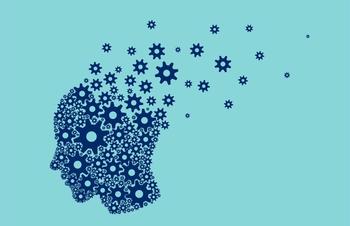
"It is amazing how much we know about the magnificent brain—and how much we have yet to learn."
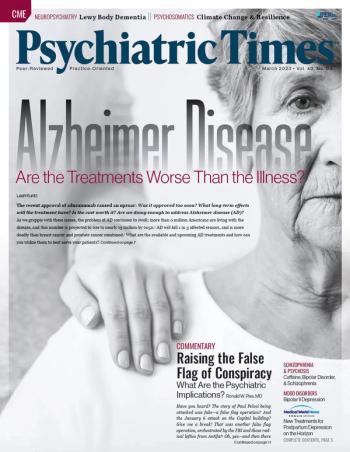
The experts weighed in on a wide variety of psychiatric issues for the March 2023 issue of Psychiatric Times.
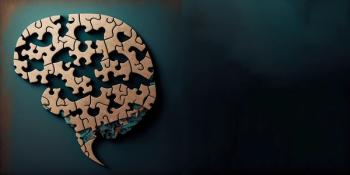
In this CME, learn the current criteria, unique diagnostic biomarkers, and differential diagnosis of Lewy body dementia.

From Alzheimer disease treatments to the psychiatric implications of conspiracy theories, here are highlights from the week in Psychiatric Times.

A look at one of the most informative yet easy-to-administer tests for assessing brain dysfunction.
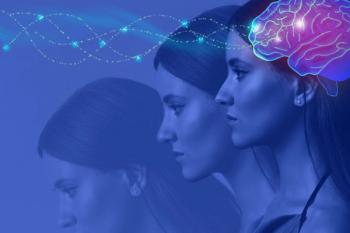
Researchers performed a nationwide register-based cohort study of patients treated with lithium in Finland.
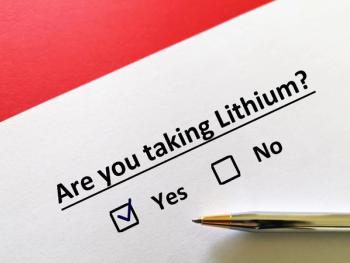
Lithium: what’s its history and where do we still need more information?

From current treatments for cannabis use disorder to new possibilities for the treatment of dementia, here are highlights from the week in Psychiatric Times.

"Dementia is a mental health condition that can make or break families. Remember that behind the difficult behavior is your loved one."
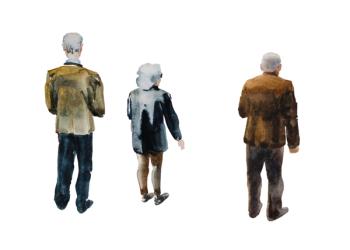
What's the latest in dementia?
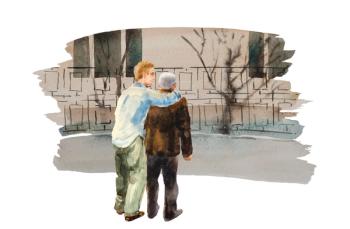
"To be sure, we are still in the nascent stages of developing treatments. However, our armamentarium is steadily growing."

From the cross-cultural dimensions of psychosis to the economic burden of schizophrenia, here are highlights from the week in Psychiatric Times.
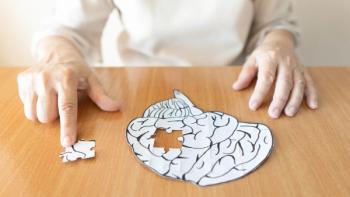
Results show comparisons between intranasal and intracerebroventricular distribution of an oxytocin derivative.

From the relationship between psychotic disorders and dementia risk to the major differences between bipolar I and bipolar II, here are highlights from the week in Psychiatric Times.
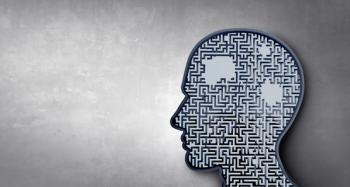
Individuals with a psychotic disorder are 2.5 times more likely than those without one to develop dementia.
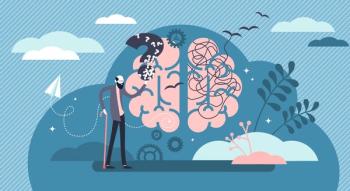
According to new research, treating depression in older adults could decrease risk of dementia by 51%.

From herbal medicine for psychiatrists to the psychiatric implications of the Parkland School massing shooting, here are highlights from the week in Psychiatric Times.

A reminder to cherish your parents and the older adults in your life.
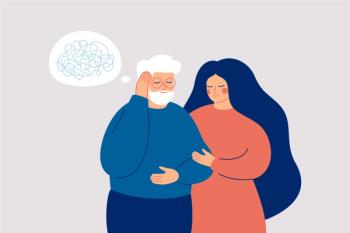
Alzheimer disease psychosis treatment pimavanserin receives Complete Response Letter from the FDA.

If we don't find a cure or adequate treatments, the number of individuals impacted by dementia could skyrocket to nearly 14 or 15 million Americans by 2050.

Top-line data for study is expected in late 2022, early 2023.

How can you communicate the diagnosis in a way that relieves suffering and helps patients and their caregivers prepare for the future?